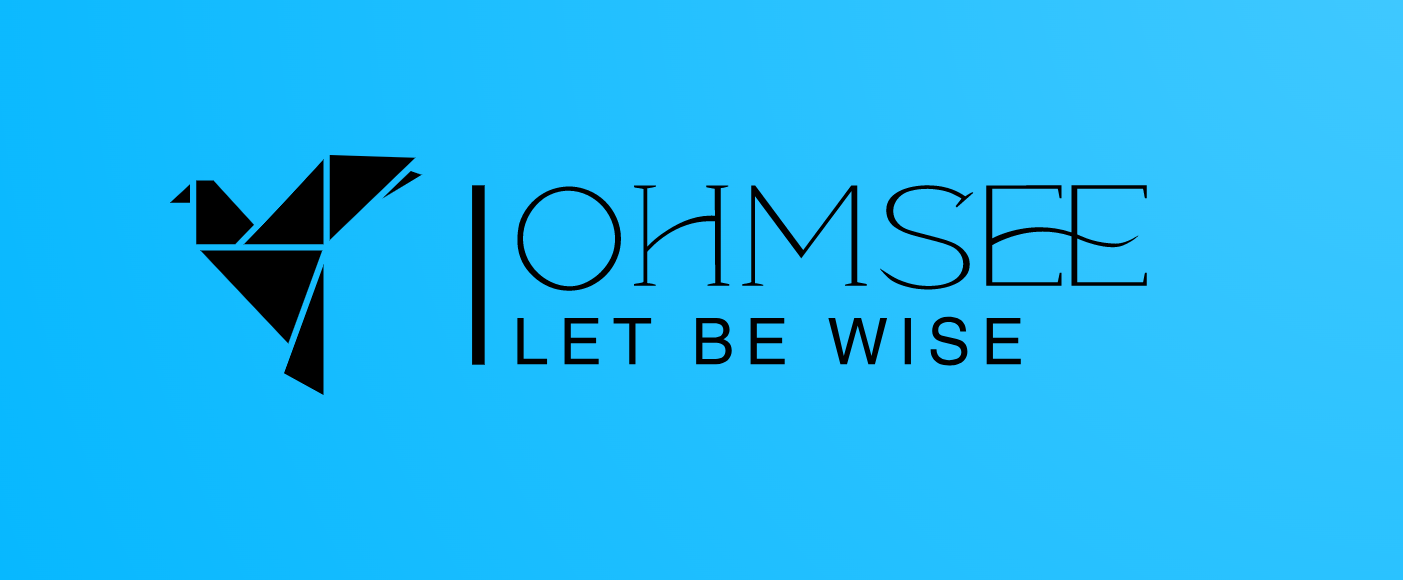The best platform to make apps depends on your specific needs, including your target audience, budget, and technical expertise. Here are some of the most popular platforms:
1. **Android (Java/Kotlin) and iOS (Swift/Objective-C)**: Native development offers the best performance and access to device features but requires separate codebases for Android and iOS.
2. **Flutter**: A UI toolkit by Google for building natively compiled applications for mobile, web, and desktop from a single codebase using the Dart language. It’s known for fast development and expressive UI.
3. **React Native**: A JavaScript framework maintained by Facebook for writing real, natively rendering mobile apps for iOS and Android. It uses the same design as React, allowing for a rich mobile UI.
4. **Xamarin**: A Microsoft-owned framework that allows developers to use C# and .NET to create apps for Android, iOS, and Windows with a shared codebase.
5. **SwiftUI**: Apple's UI framework for iOS, macOS, watchOS, and tvOS. It's designed for building UIs in a declarative Swift syntax, making it easier to develop apps within the Apple ecosystem.
6. **Ionic**: A framework for building cross-platform apps using web technologies like HTML, CSS, and JavaScript. It’s integrated with Angular, React, or Vue.js.
7. **Appgyver**: A low-code platform that allows for rapid app development with a visual interface, making it suitable for non-developers.
Each platform has its pros and cons, so the best choice depends on your specific project requirements and constraints.
The term "best AI" can refer to different aspects, such as AI frameworks for development, consumer AI products, or AI research initiatives. Here are some top contenders in various categories:
### AI Frameworks and Tools for Development:
1. **TensorFlow**: An open-source framework by Google, widely used for developing and training machine learning models.
2. **PyTorch**: Developed by Facebook, PyTorch is known for its ease of use and flexibility, popular in both academia and industry.
3. **Keras**: A high-level API for building and training deep learning models, running on top of TensorFlow.
4. **scikit-learn**: A Python library for classical machine learning algorithms, excellent for beginners and intermediate users.
5. **OpenAI GPT**: A powerful language model by OpenAI, used for natural language processing tasks.
### Consumer AI Products:
1. **Google Assistant**: An AI-powered virtual assistant by Google, known for its integration with Google services and smart home devices.
2. **Amazon Alexa**: Amazon's virtual assistant, widely used in smart speakers and home automation systems.
3. **Apple Siri**: Apple's virtual assistant, integrated with iOS devices, known for its deep integration with Apple's ecosystem.
4. **Microsoft Cortana**: An AI assistant by Microsoft, primarily used in Windows devices and Microsoft 365 services.
### AI Research Initiatives:
1. **OpenAI**: Known for advancing the field of AI with models like GPT-3 and GPT-4, and focusing on ensuring AI benefits all of humanity.
2. **DeepMind**: A subsidiary of Alphabet (Google's parent company), famous for breakthroughs like AlphaGo and AlphaFold.
3. **IBM Watson**: IBM's AI system, used for various applications from healthcare to customer service.
### Specialized AI Applications:
1. **NVIDIA Clara**: An AI framework specifically designed for healthcare and life sciences.
2. **Tesla Autopilot**: Tesla's AI-driven self-driving technology, advancing autonomous vehicle capabilities.
3. **DeepL**: A machine translation service known for its high-quality translations, leveraging advanced neural networks.
The "best" AI depends on the specific use case, whether it's developing new AI applications, integrating AI into consumer products, or conducting advanced AI research. Each of these platforms and products excels in different areas, catering to various needs and expertise levels.




0 Comments